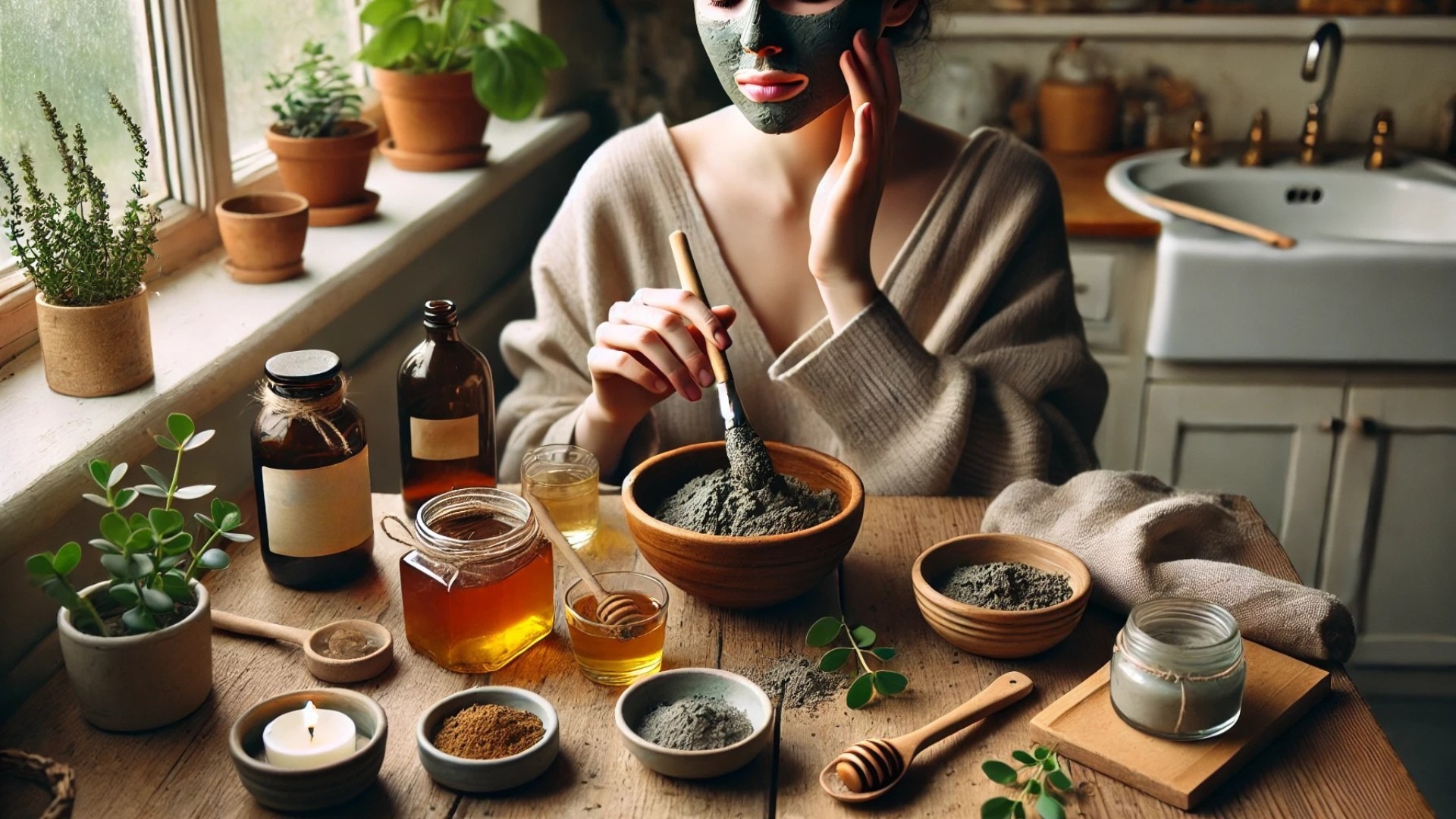
The Rise of DIY Face Masks: A Sustainable Beauty Solution
In a world where beauty products are often laden with harsh chemicals and exorbitantly priced, the do-it-yourself (DIY) approach to skincare is becoming an increasingly popular alternative. The allure of creating your own face mask using simple, natural ingredients taps into both a desire for healthier skin and an eco-conscious lifestyle. Replacing store-bought masks with a blend of bentonite clay, honey, and apple cider vinegar not only respects the environment but also simplifies your skincare routine.
Why Choose a DIY Approach to Skincare?
Commercial beauty products often contain synthetic dyes and fragrances that can irritate the skin. Many consumers are leaning towards DIY face masks to regain control over what they put on their skin. With a few simple ingredients, you can create a mask free from any harmful additives, providing a refreshing, natural glow that speaks volumes to your commitment to sustainability and self-care. By making your own mask, you also reduce plastic waste associated with single-use products, making it an ethical choice.
Crafting Your Own Detoxifying Face Mask
The DIY face mask recipe showcased effectively employs bentonite clay as its powerhouse ingredient. Known for its ability to remove impurities and clarify the skin, it acts as a magnet for toxins. Combined with apple cider vinegar, which balances skin pH and acts as a gentle exfoliant, this mask is both practical and effective. Honey’s humectant properties provide additional moisture while soothing irritation, ensuring your skin remains hydrated.
To make this mask, combine one tablespoon of bentonite clay with equal parts apple cider vinegar or water, especially for sensitive skin. Adding optional tea tree oil can further enhance the mask's acne-fighting capabilities.
Cost Benefits: More Than Just Savings
Creating your own skincare products can have a significant impact on your wallet. While a single-use commercially produced face mask can cost upwards of $7, the ingredients for a homemade version are often fractional, with a single batch yielding multiple uses. This excellence in budget-friendly skincare not only fosters individual wellness but also reflects a broader trend in sustainable luxury — enjoying the benefits of high-quality self-care without the environmental costs.
The Emotional Benefits of Personal Touch in Skincare
Skin is not just a barrier; it reflects our internal health and well-being. Using a DIY approach to skincare allows for personal connection in a typically commercialized space. Each time you apply your homemade mask, you’re engaging in a mindful ritual that can be therapeutic. The act of prioritizing self-care through this process underscores the notion of valuing oneself, leading to increased mental well-being alongside physical improvements.
Combining Beauty and Responsibility: A Trend Worth Following
As we lean into a future that prioritizes sustainability, embracing practices that align with environmental consciousness becomes even more vital. The rise of DIY beauty solutions speaks to a broader desire for transparency in the products we use. Beauty brands that do not prioritize sustainability are increasingly challenged to keep up with consumer expectations as the demand for eco-friendly practices continues to grow.
In conclusion, creating a DIY face mask not only enhances your skincare routine but also embodies the values of sustainable luxury by prioritizing health and environmental responsibility. Don't miss out on this opportunity — engage in your beauty journey by crafting your own face mask today!
 Add Row
Add Row  Add
Add 

 Add Row
Add Row  Add Element
Add Element 




Write A Comment